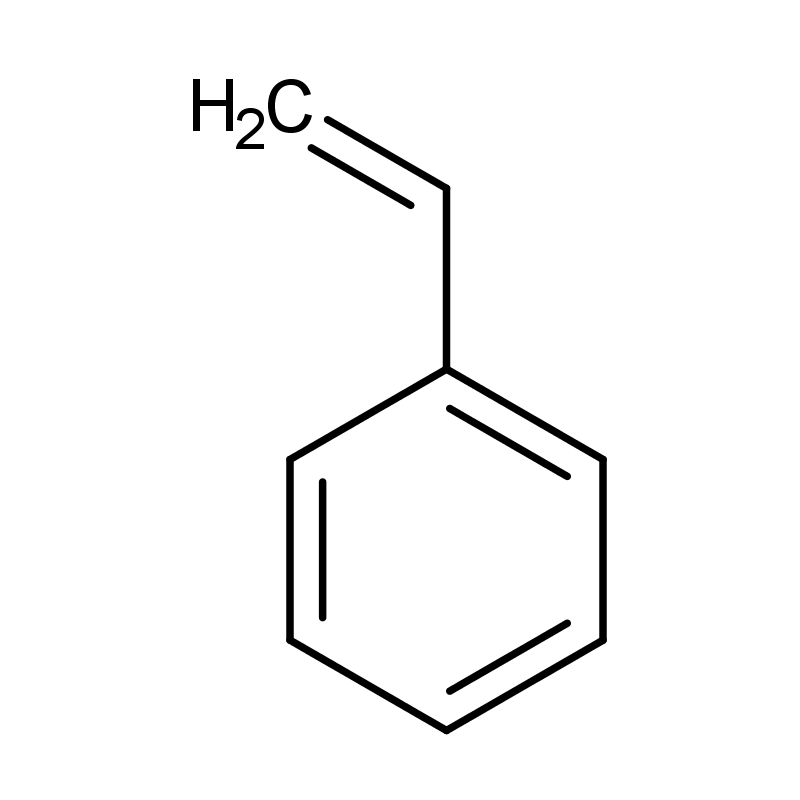-
Categories
-
Pharmaceutical Intermediates
-
Active Pharmaceutical Ingredients
-
Food Additives
- Industrial Coatings
- Agrochemicals
- Dyes and Pigments
- Surfactant
- Flavors and Fragrances
- Chemical Reagents
- Catalyst and Auxiliary
- Natural Products
- Inorganic Chemistry
-
Organic Chemistry
-
Biochemical Engineering
- Analytical Chemistry
-
Cosmetic Ingredient
- Water Treatment Chemical
-
Pharmaceutical Intermediates
Promotion
ECHEMI Mall
Wholesale
Weekly Price
Exhibition
News
-
Trade Service
BASF now offers carbon fiber reinforced polyphthalamide (PPA) with filling rates of 20%, 30% and 40%
.
The benefits of these new materials are that they can create extremely lightweight components, can safely replace aluminum and magnesium without loss of stiffness and strength, and are electrically conductive
.
The new grade combines these properties with the advantages of Ultramid® Advanced N (PA9T), making it unique among carbon fiber reinforced PPAs already on the market: high dimensional stability, chemical and hydrolysis resistance, strength due to low water absorption and high modulus, the new carbon fiber (CF) reinforced grades can be used to make automotive structural parts for body, chassis and powertrains, pumps, fans, gears and compressors in industrial applications, and stable and ultra-lightweight in consumer electronics.
parts
.
The mechanical properties of the new carbon fiber reinforced PPA grades can be tuned by the choice and content of carbon fiber and additive technology
.
Ultramid® Advanced N3HC8 contains 40% carbon fiber filler and has better strength and modulus than magnesium or aluminum at 80°C (condition)
.
Producing parts from magnesium or aluminum also requires additional post-processing and tooling, which increases the cost of the material
.
New PPA grades have the opportunity to reduce weight by 25-30%
.
Combining these new materials with BASF's simulation software Ultrasim® to correctly simulate part behavior and optimize mold geometry, Ultramid® Advanced CF grades can contribute to functional integration and weight reduction in different industries
.
By reducing the weight of structural parts or powertrains, it is possible to increase the range of vehicles equipped with electronic drives or fuel cell engines; thin and precise structures in consumer electronics benefit from the high stiffness and strength of new PPA materials, excellent dimensional stability due to the good dimensional stability and high chemical, heat and abrasion resistance of the new CF grades, it is easy to produce heavy-duty, high-load and Long-lasting industrial equipment
.
Carbon fiber reinforced PPA compounds also show lower weight and higher tensile modulus compared to glass fiber reinforced polyamide (PA)
.
PPA grades reinforced with 20wt% carbon fibers are about 20% lighter than PA6 or PA66 filled with 50% glass fibers
.
The 20% carbon fiber reinforced Ultramid® Advanced compound has a tensile strength superior to or equivalent to 50% glass fiber filled polyamide, while showing better processability
.
For example, Ultramid® Advanced N3HC8 is very stable after aging at high temperatures
.
It retains nearly 100% tensile modulus after heat aging for 5,000 hours at 120°C or 3,000 hours at 150°C
.
BASF now offers carbon fiber reinforced polyphthalamide (PPA) with filling rates of 20%, 30% and 40%
.
The benefits of these new materials are that they can create extremely lightweight components, can safely replace aluminum and magnesium without loss of stiffness and strength, and are electrically conductive
.







